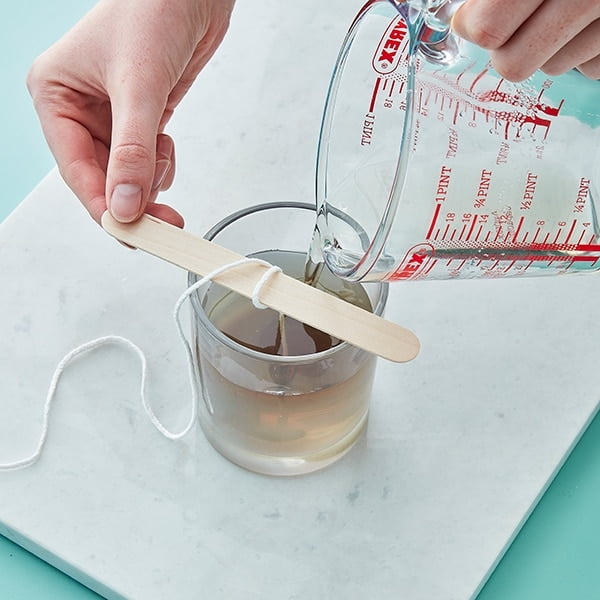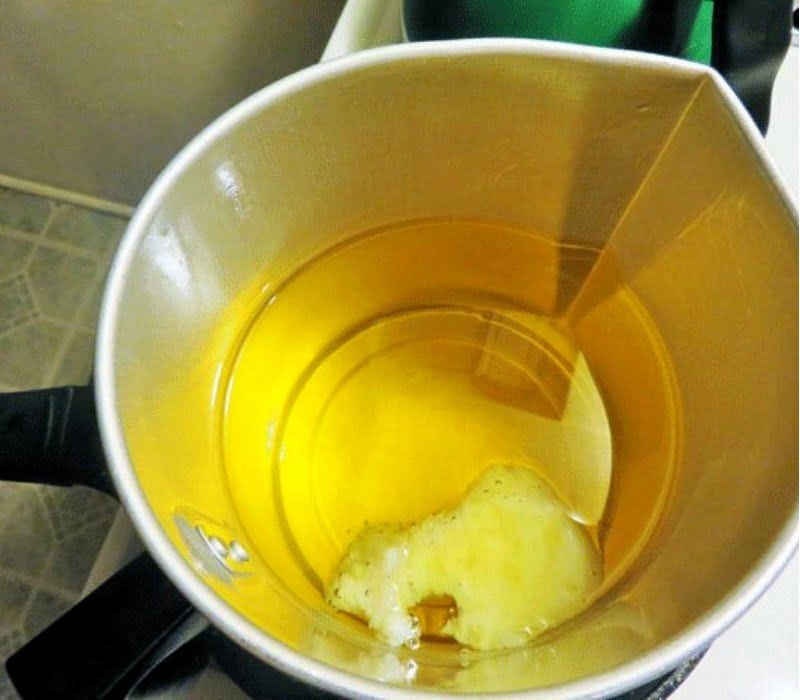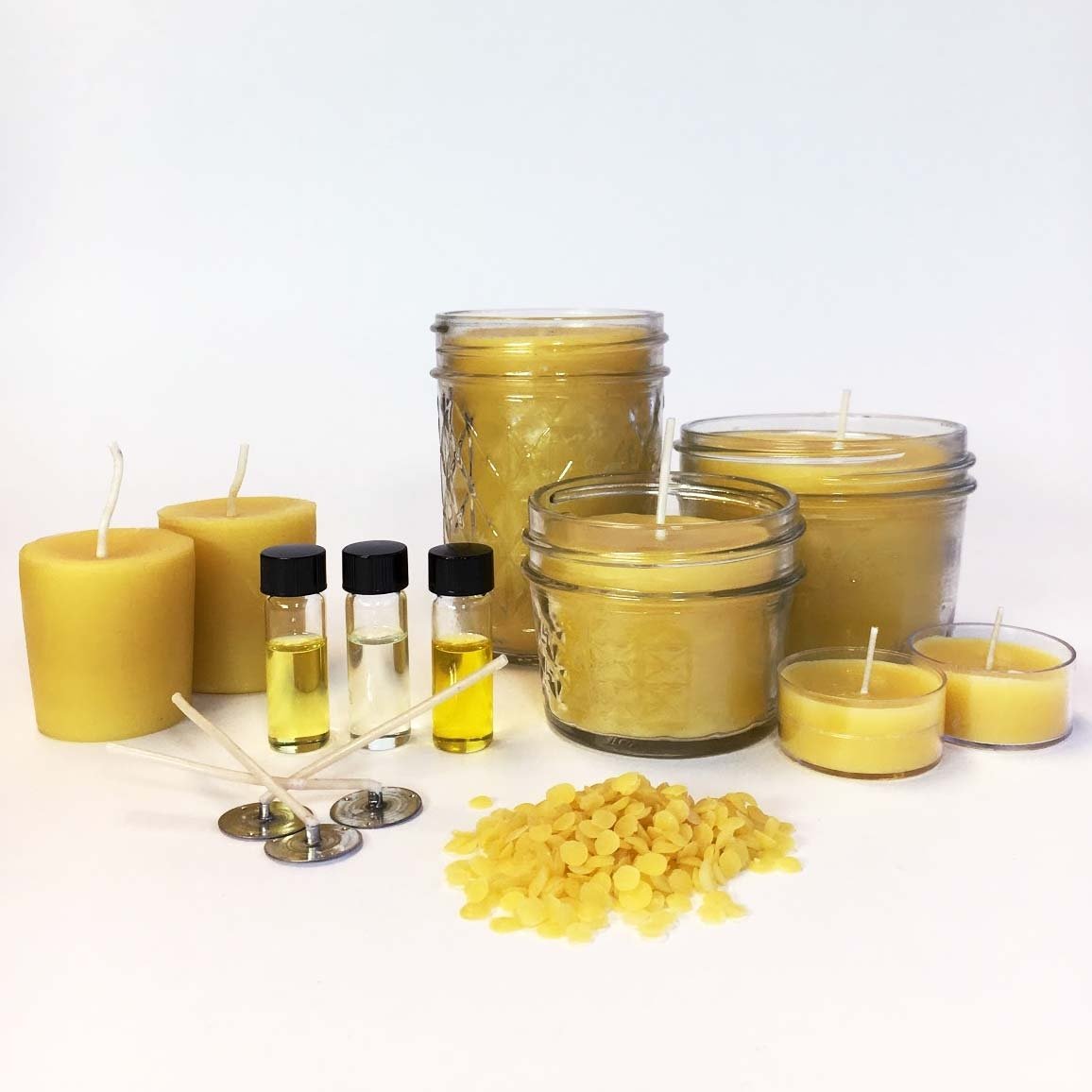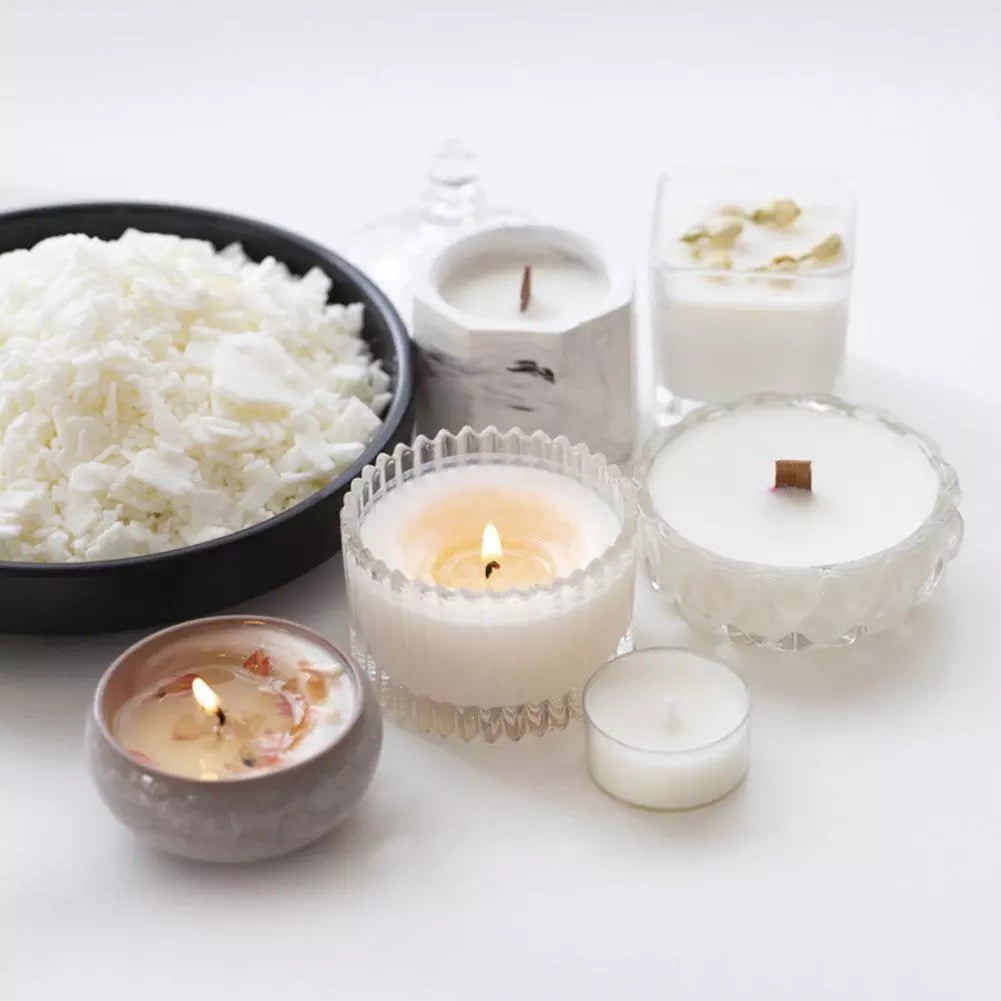Are you wondering how much essential oil for candle making? Essential oils can add a delightful fragrance to candles, creating a soothing and aromatic ambiance in any space. In this article, we will explore the role of essential oils in candle making, the recommended dosage for adding essential oils, different methods of incorporating them into candles, and the best essential oils to use for this craft.
Candle making has been practiced for centuries as a way to provide light and warmth. Today, it has evolved into an art form and a means of creating ambiance through beautiful scents. Essential oils play a crucial role in this process, as they are responsible for adding fragrance to the candles. Understanding the proper usage and dosage of essential oils is essential for achieving the desired scent without compromising the quality of the candle.
When it comes to adding essential oils to candles, there are several factors to consider. From the type of wax used to the size of the candle, each element can impact how much essential oil should be added. By understanding these factors and following recommended guidelines, you can create beautifully scented candles that enhance any environment. Keep reading to discover everything you need to know about using essential oils in candle making.
The Role of Essential Oils in Candle Making
Essential oils play a crucial role in candle making, as they are responsible for creating the unique and pleasant fragrance that makes candles so appealing. When added to the wax, essential oils can provide a variety of aromatherapy benefits, depending on the type of oil used. These natural oils are extracted from plants and have been used for centuries for their therapeutic properties, making them an ideal choice for adding fragrance to candles.
Factors to Consider When Adding Essential Oils to Candles
When adding essential oils to candles, there are several factors to consider to achieve the desired fragrance strength and quality. The type and size of the candle, as well as the type of wax used, will influence how much essential oil should be added. Additionally, considering the space where the candle will be used is important – smaller spaces may require less fragrance, while larger areas may need a stronger scent.
Recommended Dosage of Essential Oils for Candle Making
It is important to carefully measure and calculate the amount of essential oil needed for candle making. As a general rule of thumb, most experts recommend using approximately 1 oz of essential oil per pound of wax. However, this ratio can vary depending on personal preference and the specific oil being used. Testing different amounts is key to finding the perfect balance between too little or too much fragrance.
Factors to Consider When Adding Essential Oils to Candles
When adding essential oils to candles, there are several factors to consider in order to achieve the desired scent and quality. The type of wax used, the size of the candle, and the strength of the scent desired all play a role in determining how much essential oil should be added.
Type of Wax
The type of wax used in candle making can affect how much essential oil is needed. For soy wax, it is recommended to use approximately 1 ounce of fragrance oil for every 1 pound of wax. However, for paraffin wax, a higher concentration of fragrance oil may be needed due to its denser nature. It is important to consider the absorption rate and scent throw of different waxes when determining the amount of essential oil to use.
Candle Size and Scent Strength
The size of the candle and the strength of the scent desired are also important factors to consider when adding essential oils. Larger candles will require more essential oil to achieve a noticeable scent throw, while smaller candles will need less.
Additionally, some scents may be more potent than others, requiring a smaller amount to achieve the desired fragrance intensity. It is important to keep these factors in mind when determining how much essential oil to add for optimal scent performance.
Quality of Essential Oil
The quality of the essential oil being used is crucial when determining how much should be added to candles. High-quality, pure essential oils will typically require less quantity compared to lower quality or synthetic oils. Using high-quality oils not only provides a better scent but also ensures that the candle burns cleanly and evenly without leaving behind any residue or impurities.
Considering these factors is crucial in determining how much essential oil should be added when making candles, as it directly impacts both the aroma and overall quality of the finished product.
Recommended Dosage of Essential Oils for Candle Making
When it comes to adding essential oils to candle making, the recommended dosage is an important factor to consider. The amount of essential oil you should add to your candles depends on various factors such as the type of wax used, the size of the candle, and the strength of the fragrance you desire. Here are some guidelines for determining how much essential oil to use when making candles:
- 1 oz. of wax typically requires about 6-10 drops of essential oil for a light scent and up to 15 drops for a stronger fragrance.
- For soy wax candles, a general rule of thumb is to use about 1 ounce of essential oil per pound of wax for a medium scent throw.
- Beeswax candles usually require less essential oil, so start with about half the amount recommended for soy or paraffin wax and adjust based on your preference.
It’s important to note that different essential oils have varying strengths and characteristics, so some may require more or less than others. For instance, strong scents like peppermint or cinnamon may require fewer drops than lighter scents like lavender or citrus oils. It’s always best to start with a smaller amount and gradually increase until you achieve the desired fragrance intensity.
In addition, when adding essential oils to candles, it’s crucial to consider any specific instructions provided by the manufacturer of the particular brand or type of essential oil you are using. Some oils may have specific usage recommendations that differ from general guidelines. Understanding these recommendations can help ensure that you get the best results from your scented candles.
Different Methods of Adding Essential Oils to Candles
When it comes to adding essential oils to candles, there are a few different methods you can use to ensure that the scent is well-dispersed and long-lasting. The method you choose will depend on the type of candle you are making and personal preference. Here are some popular methods for incorporating essential oils into your candles:
Directly Into the Wax
One common method for adding essential oils to candles is to mix the oil directly into the melted wax before pouring it into the candle vessel. This ensures that the scent is evenly distributed throughout the candle as it solidifies. However, it’s important to note that not all essential oils are suitable for this method, as some may become too potent when directly mixed with hot wax.
Infusing the Wick
Another method for adding essential oils to candles is by infusing the wick with the oil. This can be done by either soaking the wick in an essential oil blend or applying the oil directly onto the wick before setting it in the candle vessel. Infusing the wick can provide a more subtle and controlled release of fragrance as the candle burns.
Cold-Throw Method
For those who prefer a less intense scent, a cold-throw method can be used by applying a few drops of essential oil on top of a finished candle. As the wax cools and hardens, it will trap the fragrance within, providing a more delicate aroma when unlit.
By experimenting with these different methods, you can find which one works best for achieving your desired level of fragrance strength and distribution in your homemade candles. Depending on how much essential oil for candle making you use and which method you choose, you can achieve various scent intensities and diffusion throughout your space.
Best Essential Oils for Candle Making
When it comes to making scented candles, the type of essential oil you choose can have a big impact on the final product. Different essential oils have different properties and fragrances, so it’s important to choose the best ones for your specific needs. Some of the best essential oils for candle making include lavender, lemon, peppermint, eucalyptus, and vanilla.
Lavender essential oil is a popular choice for candles because of its relaxing and soothing aroma. It’s great for creating a calming atmosphere and promoting relaxation. Lemon essential oil, on the other hand, has a fresh and citrusy scent that can help to energize and uplift.
Peppermint essential oil is perfect for creating a refreshing and invigorating atmosphere, while eucalyptus essential oil is known for its ability to clear the mind and promote mental clarity. Finally, vanilla essential oil adds a warm and comforting fragrance to candles.
When using essential oils for candle making, it’s important to consider the overall scent profile you want to achieve. You can also experiment with different combinations of essential oils to create unique and personalized scents. Keep in mind that some essential oils are stronger than others, so you may need to adjust the amount used based on the specific fragrance.
In addition to these popular choices, there are many other essential oils that can be used in candle making. Some other options include rosemary, cinnamon, cedarwood, and geranium. Ultimately, the best essential oils for candle making will depend on your personal preferences and desired outcomes. Experimenting with different scents can be a fun way to create custom candles that reflect your own unique style and personality.
Tips and Tricks for Using Essential Oils in Candle Making
Adding essential oils to candle making is a great way to create beautifully scented candles. But, it is important to use the right amount of essential oils for the best results. The question of how much essential oil for candle making depends on several factors including the type of wax, the size of the candle, and personal preference.
It’s essential to follow recommended guidelines when adding essential oils to candles. A general rule of thumb is to use about 1 ounce of fragrance oil per pound of wax. For essential oils, the usage rate may vary depending on their potency, so it’s important to refer to specific guidelines from the manufacturer. Too little essential oil may result in a weak scent throw, while using too much can affect the burning quality and safety of the candle.
Another factor to consider is the type of wax being used. Soy wax tends to hold fragrance better than paraffin wax, so less essential oil may be needed for soy candles. Additionally, larger candles will require more essential oil compared to smaller ones in order to achieve a desirable fragrance level.
Overall, experimenting with different amounts and keeping track of what works best for your specific candle making process will help you determine the perfect amount of essential oils for your homemade candles.
| Factors | Consideration |
|---|---|
| Type of Wax | Soy wax holds fragrance better than paraffin wax. |
| Candle Size | Larger candles require more essential oil compared to smaller ones. |
| Guidelines | Follow recommended guidelines from manufacturers. |
Safety Precautions When Working With Essential Oils for Candle Making
In conclusion, it is essential to understand the proper dosage and methods for adding essential oils to candles in order to create high-quality, fragrant products. The recommended dosage of essential oils for candle making can vary depending on factors such as the type of wax used, the size of the candle, and the desired strength of fragrance.
It is important to carefully consider these factors when determining how much essential oil to use in order to achieve the desired result.
Furthermore, it is crucial to follow safety precautions when working with essential oils for candle making. Essential oils are highly concentrated substances and should be handled with care. It is important to use gloves and safety glasses when handling essential oils, and to ensure that the work area is well-ventilated. Additionally, it is important to properly label and store essential oils in a secure location away from children and pets.
By understanding the role of essential oils in candle making, considering important factors when adding them to candles, utilizing different methods for incorporation, and following safety precautions, you can successfully create beautifully scented candles that provide a delightful sensory experience for yourself and others. Whether you are creating candles for personal use or as a business venture, using essential oils in candle making can elevate your products and provide a unique touch that sets them apart from store-bought alternatives.
Frequently Asked Questions
What Is the Ratio of Essential Oils to Wax for Candles?
The ratio of essential oils to wax for candles typically ranges from 5% to 10%, depending on the strength of the fragrance and the type of wax being used. For example, soy wax may require a higher percentage of essential oils compared to paraffin wax.
It’s important to follow specific guidelines provided by the candle making supplies or essential oil manufacturer.
How Do You Calculate Essential Oil for Candles?
Calculating essential oil for candles involves multiplying the total weight of the wax by the desired percentage of essential oil. For example, if you have 16 ounces of wax and want a 6% fragrance load, you would multiply 16 by 0.06 to get 0.96 ounces of essential oil needed.
Can You Put Too Much Essential Oil in a Candle?
Yes, it is possible to put too much essential oil in a candle, which can negatively affect its burn performance and scent throw. Overloading the candle with essential oils can lead to issues such as poor hot throw (scent when burning), clogging of the wick, uneven burning, and even potential safety hazards like flare-ups or sooting.
It’s important to follow recommended usage rates and testing for optimal fragrance performance without compromising safety and quality.

Welcome to my candle making blog! In this blog, I will be sharing my tips and tricks for making candles. I will also be sharing some of my favorite recipes.





